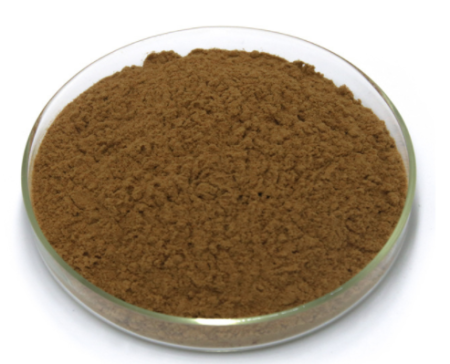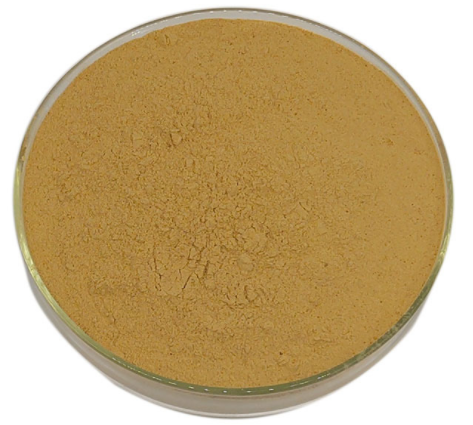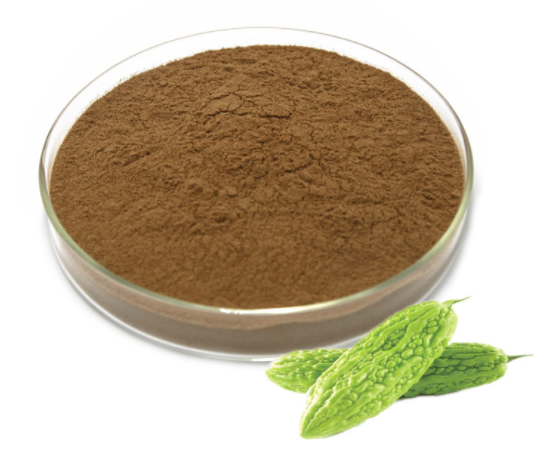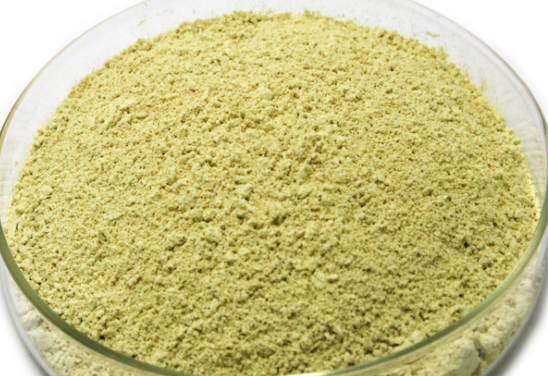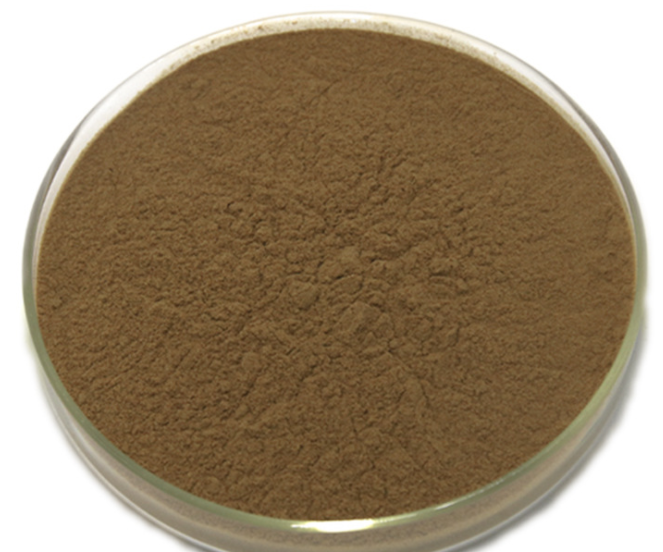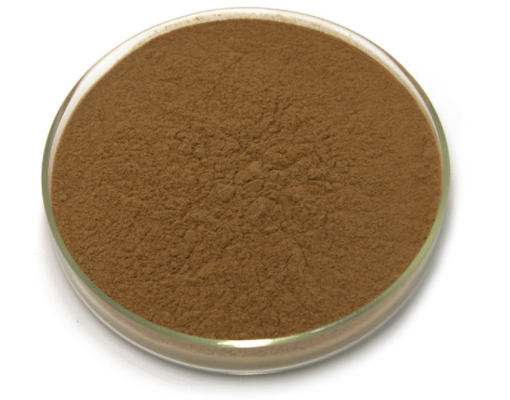- 0571-85302990
- sales@greenskybio.com
Who should not take hops?
2025-03-23
Hops, scientifically known as Humulus lupulus, are well-known for their role in beer brewing, imparting distinctive flavors and aromas. Beyond the brewery, they are recognized in herbal medicine for their sedative properties and potential health benefits. As hops gain popularity in wellness circles, particularly for promoting relaxation and improving sleep quality, it's important to understand who should exercise caution when considering hops as a supplement.
The Health Benefits of Hops
Hops contain several active compounds, including flavonoids, bitter acids, and essential oils, which contribute to their therapeutic effects. They have been traditionally used to alleviate anxiety, insomnia, and menopausal symptoms due to their mild sedative and calming properties. Additionally, hops may offer anti-inflammatory and antioxidant benefits, potentially supporting cardiovascular health and reducing stress-related ailments.
Who Should Avoid Hops?
While hops are generally safe for many people, certain individuals should be cautious with their use due to specific health conditions or situations that may be exacerbated by hops' effects.
Individuals with Hormone-Sensitive Conditions
Hops contain phytoestrogens, plant-derived compounds that can mimic estrogen in the body. Although this can be beneficial for postmenopausal individuals seeking relief from hormonal symptoms, it may pose risks for those with hormone-sensitive conditions such as breast cancer, uterine cancer, ovarian cancer, or endometriosis. These conditions may be influenced by changes in estrogen levels, and the introduction of phytoestrogens could potentially exacerbate symptoms or interfere with treatment.
Pregnant or Breastfeeding Women
Pregnant and breastfeeding women are typically advised to avoid hops supplements due to insufficient safety data on their effects during these periods. The presence of phytoestrogens may influence hormonal balance in ways that could be unsafe for developing fetuses or nursing infants. Reliable, controlled studies are lacking, making cautious avoidance a prudent choice.
Individuals on Sedative Medications
Given hops' sedative properties, they may interact with medications that affect the central nervous system such as benzodiazepines, barbiturates, and prescription sleep aids. Combining hops with these medications may enhance their effects, leading to excessive sedation, impaired motor function, and increased risk of accidents or injury. Individuals already on sedation medication should consult healthcare professionals before adding hops to their regimen.
Those With Depression or Mood Disorders
While hops can alleviate mild anxiety and stress, individuals with major depression or mood disorders should be cautious. Hops' sedative effect might exacerbate symptoms of depression in some cases, contributing to lethargy or reduced motivation. It's essential for individuals with these conditions to seek professional advice before considering hops supplements.
Potential Allergies and Sensitivity
Like any herbal supplement, hops may trigger allergic reactions in some users. Symptoms could include skin rashes, difficulty breathing, or gastrointestinal distress. Individuals with known allergies to plants in the Cannabaceae family, which includes hemp and marijuana, should avoid hops due to potential cross-reactivity.
Interaction with Alcohol
Hops are most famously paired with alcohol in beer production; however, the interactions between hops in supplement form and alcohol consumption must be considered. Both hops and alcohol have sedative effects, and consuming them concurrently could intensify drowsiness or impair cognitive function. Individuals planning to consume alcohol should avoid taking hops simultaneously to prevent negative interactions.
Safe Consumption and Alternatives
If you’re considering hops for their health benefits, it’s important to adhere to recommended dosages and consult healthcare professionals if unsure of their safety for your personal health circumstances. Hops are typically available in teas, tinctures, or capsules, with dosage varying based on individual health goals.
As alternatives, individuals seeking similar benefits might explore other adaptogenic or calming herbs such as valerian root, passionflower, or chamomile, which may offer sleep improvement and relaxation without some contraindications associated with hops.
Conclusion
Hops are a natural, beneficial supplement for many individuals seeking relaxation and relief from mild anxiety or insomnia. However, understanding contraindications and potential interactions is crucial for safe consumption. Individuals with hormone-sensitive conditions, pregnant or breastfeeding women, those on sedative medications, and people with depression or mood disorders should exercise caution and consult healthcare professionals before integrating hops into their wellness routine.
By navigating the complexities of herbal supplements with informed caution, individuals can enjoy the benefits of hops while safeguarding their health. A proactive approach that prioritizes personalized care allows for the safe enjoyment of hops' therapeutic qualities without compromising overall well-being. Understanding when to avoid certain supplements amplifies the empowerment that comes with informed self-care in a landscape abundant with natural remedies.
- ▶ Hesperidin
- ▶ citrus bioflavonoids
- ▶ plant extract
- ▶ lycopene
- ▶ diosmin
- ▶ grape seed extract
- ▶ Sea buckthorn Juice Powder
- ▶ beetroot powder
- ▶ Hops Extract
- ▶ Artichoke Extract
- ▶ reishi mushroom extract
- ▶ Astaxanthin
- ▶ Green Tea Extract
- ▶ Curcumin Extract
- ▶ Horse Chestnut Extract
- ▶ Other Problems
- ▶ Boswellia Serrata Extract
- ▶ Resveratrol Extract
- ▶ Marigold Extract
- ▶ Grape Leaf Extract
- ▶ blog3
- ▶ blog4
- ▶ blog5




